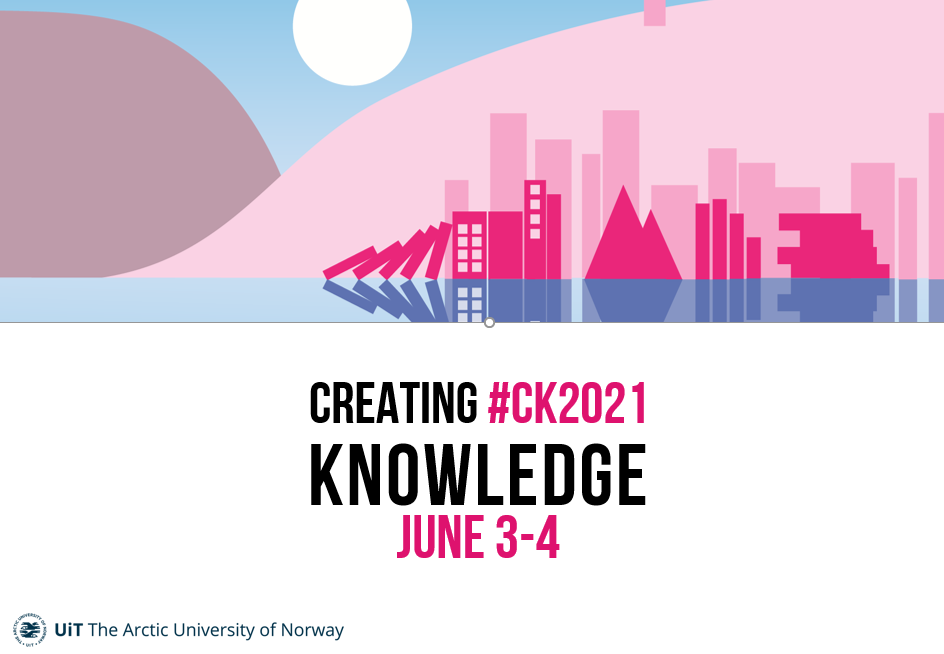Literature Management and Scholarly Communication at USN
DOI:
https://doi.org/10.7557/5.5890Keywords:
PhD, interdisciplinarity, generic skills, libraryAbstract
Background: The PhD course Literature Management and Scholarly Communication was established in 2019 through a library-faculty collaboration. This is the first
accredited generic and interdisciplinary PhD course at this university, and it provides 5 ECTS credits. The course has participants from all our eight PhD programs,
researching topics spanning from religion to robotics. Our main idea was that bringing PhD candidates from different programs together for such a course may add extra value in
the form of enhancing communication and understanding across the disciplines.
Methods: The study has a mixed methods design. A preliminary survey was conducted in 2017 to reveal the PhD candidates’ information needs, which provided a basis for
planning the course content. To examine the candidates’ learning outcomes and further improvements for future courses, NVivo was used to analyse observations that were recorded during the course,
in addition to the participants’ course essays and evaluation forms.
Results: The 2017 survey had a response rate of 43% (n=91). More than 50% of the respondents expressed a need for library courses in literature searching, systematic
reviews, research data management and the publishing process. The PhD course was designed based on these findings and has become a popular course with a total of 111
participants on four courses, of which 23% are international candidates and 7% are affiliated with other universities. The main finding was that several of the
participants found the course surprisingly useful to their research and to their career plans.
Discussion: Having a generic course for early-stage researchers from such a diversity of fields was challenging, and the article discusses several issues to consider for future courses.
Most importantly, the prior knowledge was vastly different among the participants. This emphasizes the need for increased library-faculty collaboration to reach out to all PhD candidates in an early stage.





